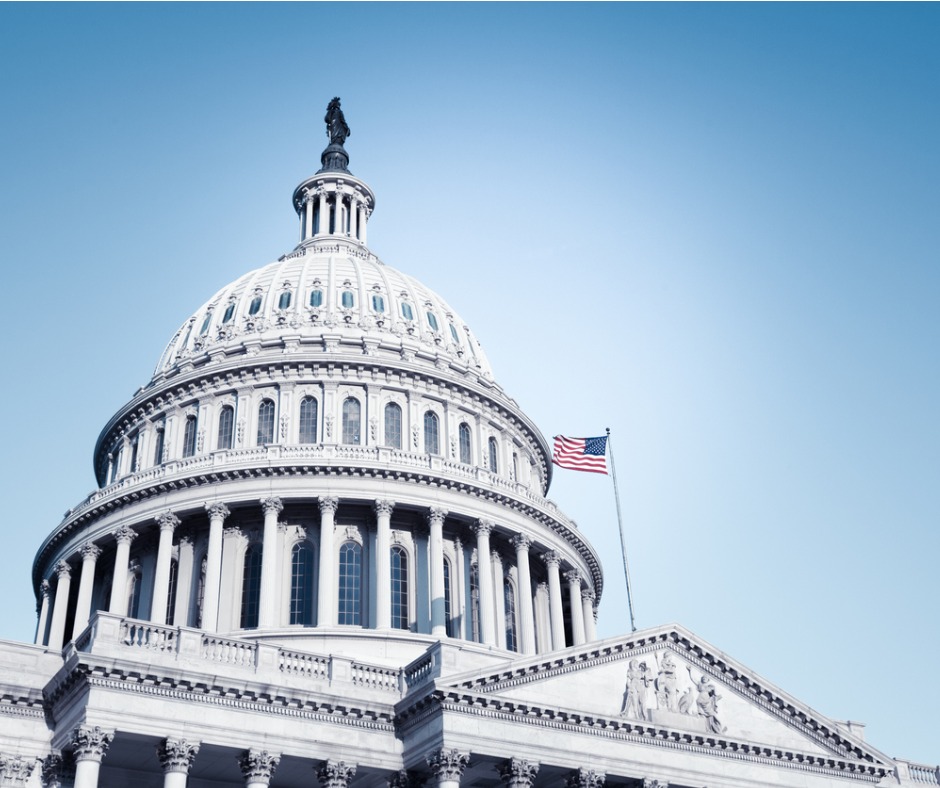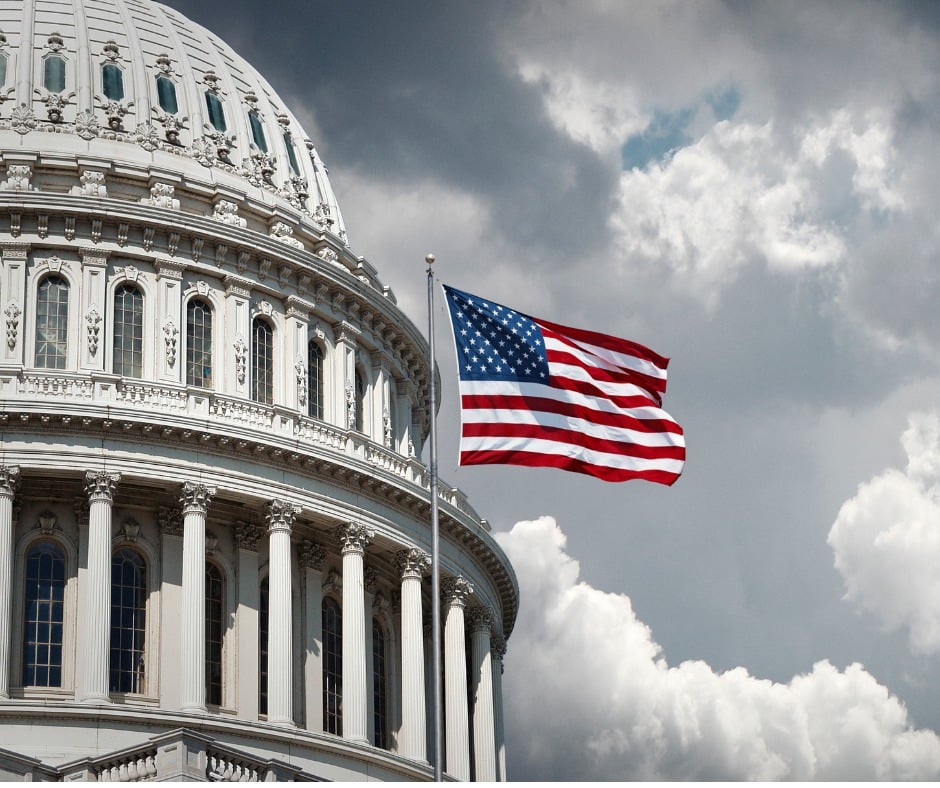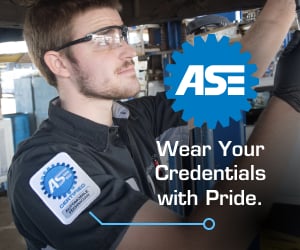ASA Coalition Legislation would Resolve Core Issues Faced by Independent Auto Repairers
ASA, SCRS, Automakers Coalition Propose Key Auto Repair Solutions
Some in Congress like to invoke independent auto repair shops to appear on the side of the little guy. They now have an opportunity to support legislation that addresses their data concerns as well as important safety issues for independent repair shops and consumers alike.
 In February the Automotive Service Association announced proposed federal legislation drafted in collaboration with the Society of Collision Repair Specialists (SCRS) and the Alliance for Automotive Innovation, the trade association that represents the OEMs responsible for around 98 percent of all vehicles sold in the United States. The bill is called the Safety as First Emphasis (SAFE) Repair Act. Coalition members sought to develop legislation that address the needs of vehicle data access and safe repairs important for consumers and independent repair shops.
In February the Automotive Service Association announced proposed federal legislation drafted in collaboration with the Society of Collision Repair Specialists (SCRS) and the Alliance for Automotive Innovation, the trade association that represents the OEMs responsible for around 98 percent of all vehicles sold in the United States. The bill is called the Safety as First Emphasis (SAFE) Repair Act. Coalition members sought to develop legislation that address the needs of vehicle data access and safe repairs important for consumers and independent repair shops.
The SAFE Repair Act actually addresses many of the fundamental issues that make it harder for independent automotive repairers to properly diagnose and repair their customers’ vehicles on a daily basis.
The SAFE Repair Act strengthens consumer choice. It guarantees that vehicle owners can decide where they want their vehicle repaired by requiring OEMs make available to independent repairers the same data, systems, and tools needed for proper diagnosis and repair that the OEM provides to its franchised dealers, as well as repair facilities owned directly by the OEM. Parity with OEMs’ in-house repair facilities is especially important as some auto manufacturers – like Tesla, Rivian, and others that will emerge in the future – forgo the franchised dealership model. This bill also accounts for parity, as vehicle technology continues to develop, by providing repairers remote access to vehicle telematics related to diagnostics and repair, as long as that capability is also provided to dealers or the OEM’s in-house repair network.
The bill’s consumer choice protections don’t end at deciding who will repair a vehicle. It also safeguards the vehicle owner’s right to determine how their vehicle is repaired. The SAFE Repair Act would prohibit any commercial entity from overriding the consumer’s desire that their vehicle be repaired in accordance with the OEM’s repair procedure. Furthermore, it would improve consumer’s ability to select the parts installed on their vehicle.
The increase in total-loss determinations represents another consumer choice concern that harms repairers as well. Not only does this trend reduce the number of vehicles available for repair, it also takes away consumer’s ability to repair their damaged vehicle as opposed to replacing it with a vehicle purchased in today’s unfavorable market. The SAFE Repair Act would help alleviate this problem by allowing consumers to decide to repair their vehicle instead of accepting a total-loss settlement, on the condition that the estimated repair costs are less than the vehicle’s pre-collision value.
Consumer choice and safety are compatible objectives. That’s why ASA and its coalition partners included provisions in the SAFE Repair Act that empower vehicle owners to make informed decisions that lead to safe outcomes. Vehicle safety inspections constitute an important tool that consumers rely on to remain informed on the condition of their vehicle. In many states, independent repairers are the main providers of inspection services. The SAFE Repair Act would allow used car buyers to request that a seller provide a post-repair motor vehicle safety inspection by a qualified person to assess the quality of alterations or repairs performed on a vehicle. It would also instruct the National Highway Traffic Safety Administration to examine deploying periodic vehicle safety inspections on a wider scale.
Laws requiring OEMs to communicate with their customers when they initiate a safety recall on a defective part also helps consumers make informed decisions. It makes no sense that a similar system does not exist for aftermarket parts safety recalls. The SAFE Repair Act would extend recall notification requirements to aftermarket parts, giving consumers confidence that their vehicle is safe to drive, irrespective of the types of parts installed on it.
The SAFE Repair Act is the most pro-consumer and pro-independent repairer auto repair legislation currently under consideration in the United States Congress. ASA will continue educating our federal elected officials on how this historic bill would benefit consumers and small businesses. ASA speaks with authority on this issue because we are the only trade association devoted exclusively to protecting the interests of mechanical and collision automotive repairers. No other trade association’s board is comprised solely of independent auto repair shop owners and operators.
Ultimately, ASA’s true source of strength comes from its members, who have a critical role to play in engaging Congress. In the near future, ASA will provide the repair community with tools to help repairers educate their U.S. Senators and Representative. Stay on the lookout!
Bob Redding is the Automotive Service Association’s Washington, D.C., representative. He is a member of several federal and state advisory committees involved in the automotive industry.









